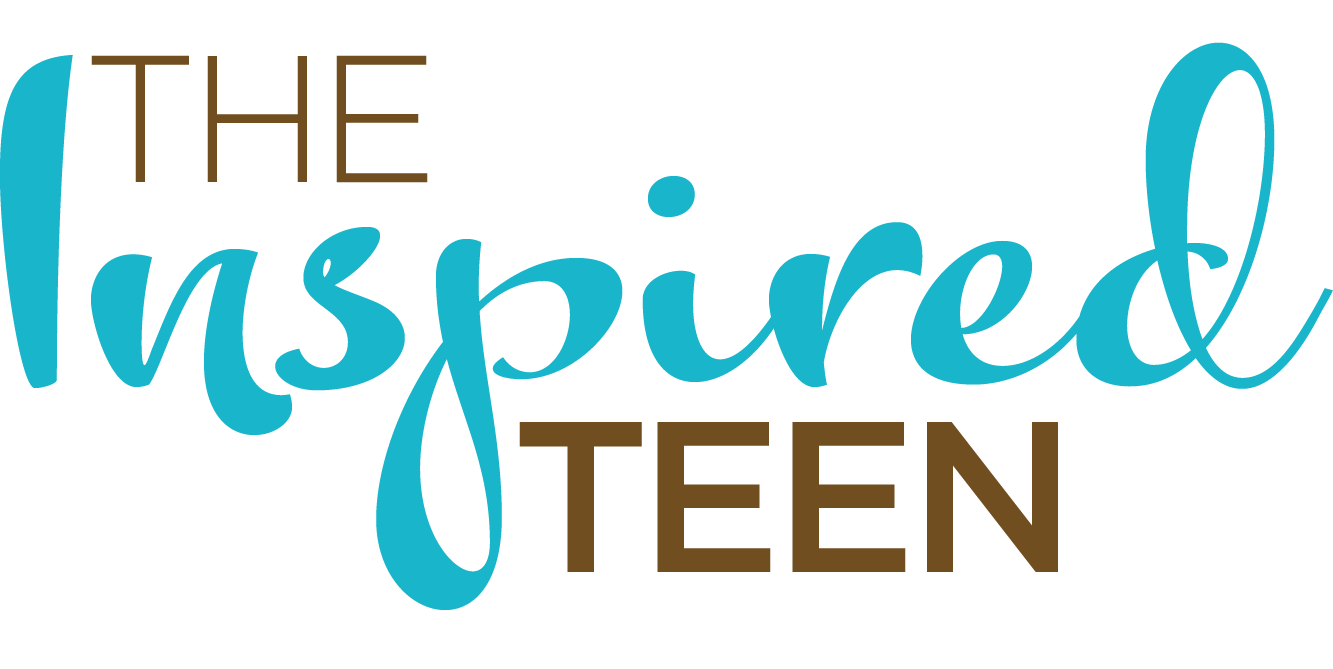Parents, Principals, and Police
When my teen was in elementary school, she told one small lie and it quickly turned into a massive web of lies.
She told her younger brother that an older boy on the playground had tried to cut her hand with a knife. He immediately told us, and I called the principal. The principal called the policeman who was over the school and he came to our house to ask more questions. My daughter slowly added to the story, telling us the boy was wearing a name tag and what letter his name started with. The school investigated while I continued to talk to her. Eventually it came out that she had originally made it up but then got caught up in the lies and didn't know how to tell us the truth.
Lying is part of being human. It begins as young as nine months, when babies start to laugh simply because other babies are laughing. Around age three, children learn that their thoughts are different from other people's thoughts and they start telling lies. These lies get more sophisticated and complicated as they age. You can check out my video about why people lie here.
As parents it's easy to get really frustrated (and even hurt) when our teens lie to us. We want them to learn honesty and we want to be able to trust them. However, when it comes down to it, lying is basically risk management and teens are notoriously bad at risk management. They use hyper-rational thinking, process dopamine differently (it has a bigger punch), and have poorer impulse control than adults do.
In Brainstorm, Daniel Siegel says, "As teens we are often not oblivious to the negative consequences of our actions. Instead, even though the negative consequences—the cons—are fully known, we place more emphasis on the potential positive aspects—the PROS—of an experience: the thrill, the shared experience, the fun, the excitement of breaking the rules. That emphasis on the positive, we now know, is a result of shifts in the brain’s structure and function during the adolescent period." This can apply to the risks associated with telling a lie.
Teens might lie to preserve their privacy, protect their friends, avoid consequences, protest against rules they feel are unfair, and to establish autonomy.
Teaching our teens why lies are dangerous, how to come clean when they have lied, and how to tell the truth takes time and patience. Each lie they tell can give us information about their thoughts, what is important to them, where they struggle with self-control, what they think about our discipline, and even their maturity level. So many good conversations can come from lies if we take the time to ask questions instead of accusing and blaming.
Here are a few good articles about teens and lying:
What I've Learned: When Teens Lie
How to Deal with Teenage Lying Effectively
Why do Teens Lie?
What Parents Should Do
The next time you catch your teen in a lie, remind yourself that every lie is a good piece of information and see what you can learn. You might be surprised!

